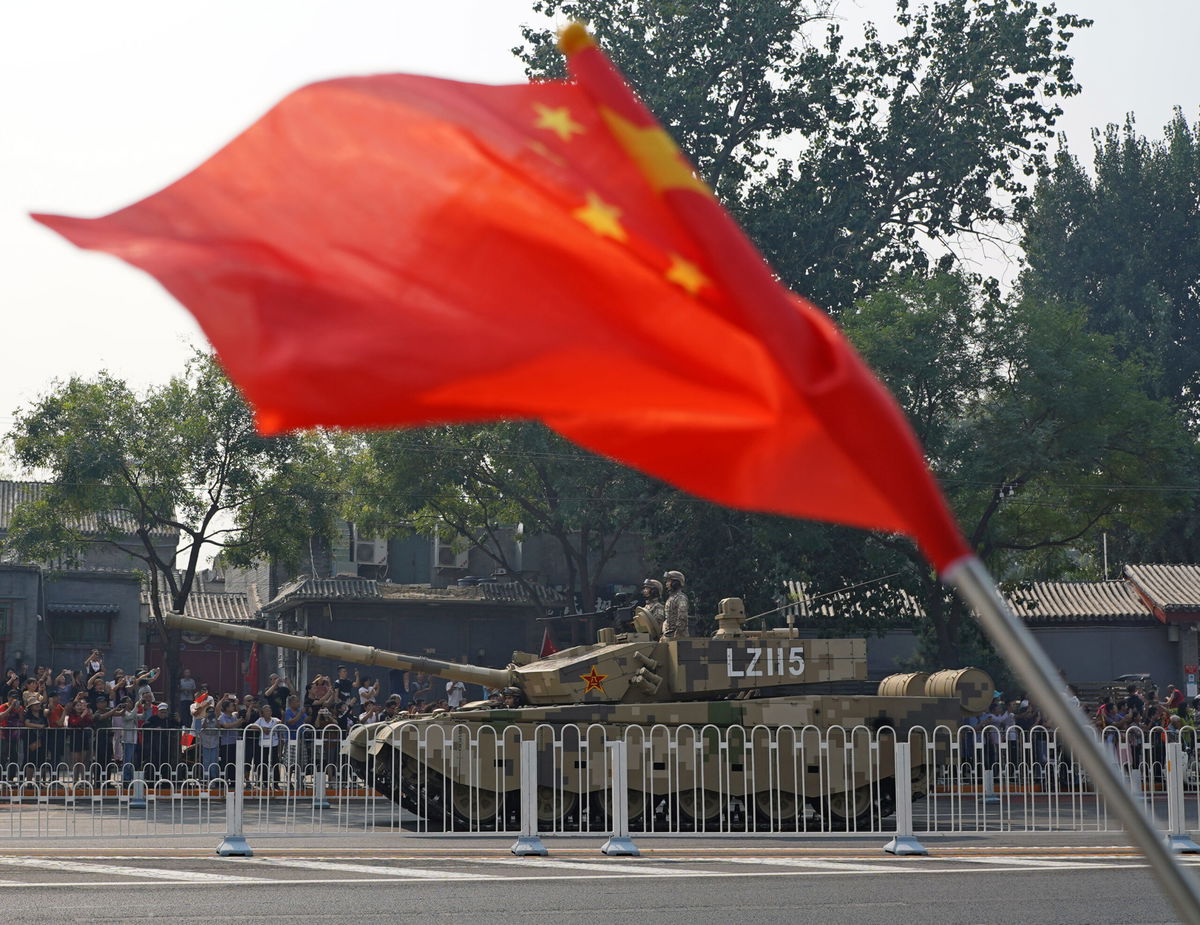China reacted sharply to the Japanese government’s warning. Photo credit: Peter Sherman Crosby/Shutterstock
Strategic tensions have increased significantly in the Indo-Pacific region in recent years, and Japan has become increasingly concerned about China’s military ambitions, particularly regarding Taiwan. Japanese defense officials describe China’s rapid military expansion as an unprecedented strategic challenge. This concern is not limited to rhetoric. It is rooted in visible developments such as the modernization of China’s naval, air, and missile forces.
China’s increased military activity near Taiwan is of particular concern to Japan, which views the island as a potential flashpoint in regional security. Japanese officials have repeatedly noted that the dynamic between Taiwan and China is rapidly changing, a trend that could prompt Beijing to take even tougher measures. Moreover, the expansion of military cooperation between China and Russia, including joint maritime and air exercises, is interpreted in Tokyo as a clear demonstration of power with potential implications for the broader Indo-Pacific.
Official warning from Tokyo
Japan’s view of China’s military rise
Japan’s annual defense reports increasingly highlight China’s expansion as a central concern. Missile tests, naval patrols beyond the first island chain, and air force incursions near Taiwan have all been cited as indications of China’s strategic intentions. The Japanese government has clearly stated that these developments represent the greatest strategic threat to national security in decades.
In response, Japan outlined plans to strengthen its defense posture. This includes deploying long-range missile systems, expanding surveillance capabilities, and deepening alliances with international partners. Governments are also investing in cyber and space defenses, recognizing that modern conflicts can extend beyond traditional battlefields. By strengthening both conventional and unconventional defense capabilities, Japan aims to maintain a credible deterrent while protecting its national interests.
China’s reaction
beijing project power
China reacted sharply to Japan’s warning. Beijing officials have accused Tokyo of exaggerating threats and reviving a militaristic posture reminiscent of past conflicts in the region. Chinese authorities have also issued stern warnings that Japan’s military intervention in Taiwan would have serious consequences, underscoring China’s determination to defend China’s claims to the island.
China’s rhetoric has been destabilizing to Japan’s statements, arguing that Japan’s increased vigilance is contributing to tensions rather than security. This stance reflects broader geopolitical struggles in East Asia, where Beijing seeks to strengthen its influence while demonstrating deterrence to neighboring powers.
Rising risk of conflict
Preparation and evacuation
Japan’s concerns do not remain abstract. The government is developing a contingency plan that includes a strategy for evacuation of civilians on islands near Taiwan in the event of a crisis. Military deployments are increasing in the Nansei Islands, and preparations for potential invasion and regional spread are being strengthened.
These actions show that Tokyo is treating the situation as a serious strategic challenge, not just a distant concern. At the same time, the Japanese government continues to maintain a balance between deterrence and diplomacy, vowing to protect its territorial and regional interests while maintaining dialogue channels to avoid miscalculations.
warning signs
- Japan recognizes China’s military expansion as its greatest strategic threat.
- The military balance between China and Taiwan is rapidly changing in China’s favor.
- The Japanese government views military cooperation between China and Russia as a show of regional power.
- The Chinese government directly warned against Japanese intervention in Taiwan.
- Japan developed a civilian evacuation plan and strengthened the defense of the Nansei Islands.
- Japan’s investments in cyber, space, and long-range defense systems highlight its multifaceted preparedness.
- This situation reflects broader geopolitical tensions in the Indo-Pacific region, centered on Taiwan.
Conclusion: Regions on the Edge
Tensions between China and Japan extend far beyond rhetoric. With Taiwan at the center of this strategic competition, Tokyo faces complex challenges in protecting its national interests, maintaining regional stability, and managing relations with its powerful neighbors.
Although a full-scale invasion is not imminent, the combination of the changing military balance, China’s assertiveness, and Japan’s defensive preparations paints a critical picture for the region. Decisions made now by both countries and their allies could shape the geopolitical landscape of the Indo-Pacific for decades, and careful diplomacy and strategic foresight will be critical in the months and years ahead.








